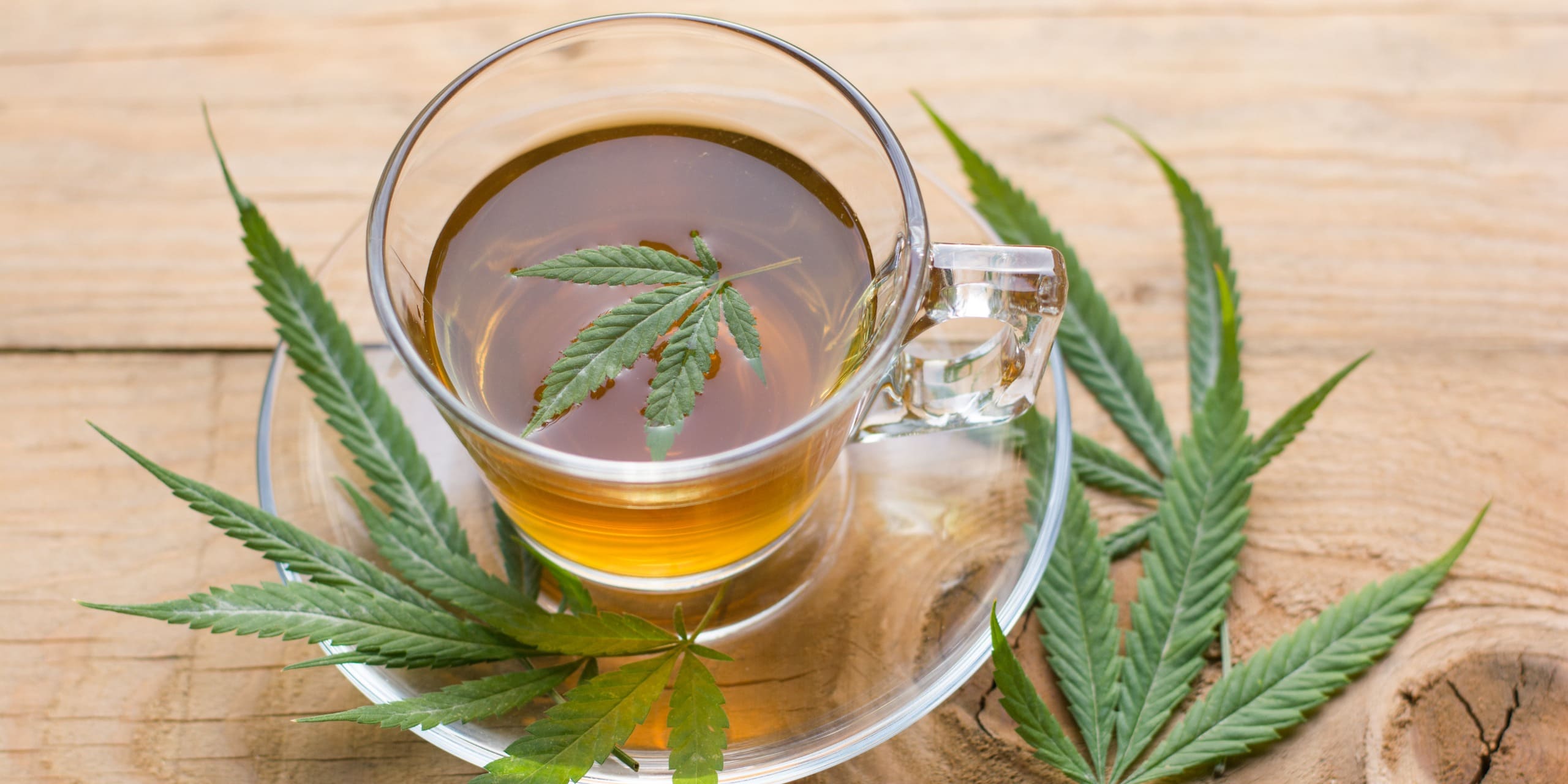- by SEO

Welcome to the ultimate guide on CBD, your go-to resource for everything you need about this booming wellness trend! Whether you’re a seasoned CBD enthusiast or just curious about the buzz, we’ve got you covered. From how CBD interacts with your body to the critical differences between CBD and THC, this comprehensive guide will help demystify the world of cannabidiol. So please sit back, relax, and dive into the beautiful world of CBD together!
What is CBD?
CBD, short for cannabidiol, is a naturally occurring compound found in the cannabis plant. Unlike its cousin THC, CBD is non-psychoactive, meaning it won’t get you high. Instead, CBD offers a range of potential health benefits without the mind-altering effects commonly associated with marijuana.
This powerful compound interacts with the body’s endocannabinoid system, which is crucial in regulating various physiological functions such as mood, appetite, and pain. By influencing these receptors, CBD may help promote balance and overall well-being.
CBD products come in various forms, from oils and tinctures to gummies and topicals to suit different preferences and needs. With its growing popularity in the wellness industry, more people are turning to CBD as a natural alternative for managing issues like stress, inflammation, and sleep disturbances.
How does CBD work in the body?
CBD, short for cannabidiol, interacts with the body’s endocannabinoid system, a complex network of receptors and neurotransmitters. When CBD is consumed, it binds to cannabinoid receptors in the brain and throughout the body. This interaction helps regulate various functions such as mood, pain perception, appetite, and immune response.
Unlike THC (tetrahydrocannabinol), another compound found in cannabis plants known for its psychoactive effects, CBD does not produce a “high” sensation. Instead, CBD works by influencing serotonin receptors in the brain, which can help alleviate anxiety and promote relaxation.
CBD may also have anti-inflammatory properties by reducing cytokine production and inhibiting inflammatory pathways. Additionally, some research indicates that CBD may help regulate sleep patterns by interacting with receptors involved in the sleep-wake cycle.
Understanding how CBD works in the body provides insight into its potential therapeutic benefits for various health conditions.
The difference between CBD and THC
As you can see, CBD and THC are both compounds found in the cannabis plant, but they have different effects on the body. While THC is known for its psychoactive properties that produce a “high,” CBD does not have the same intoxicating effects. Instead, CBD is often used for its potential therapeutic benefits, such as relieving pain, reducing anxiety, and improving sleep.
Understanding the distinction between these two cannabinoids is essential when considering incorporating them into your wellness routine. Always consult a healthcare professional before starting any new supplement regimen to ensure it is appropriate for your needs.
With the growing popularity of CBD products in the health and wellness industry, it’s no surprise that more people are turning to this natural remedy for various ailments. CBD may offer a holistic approach to achieving optimal health, whether you’re looking to manage chronic pain or improve your overall well-being.
When purchasing CBD products, remember to do thorough research, read product labels carefully, and choose reputable brands. Stay informed about current regulations and laws regarding CBD usage in your area to ensure a safe and enjoyable experience with this popular wellness trend.